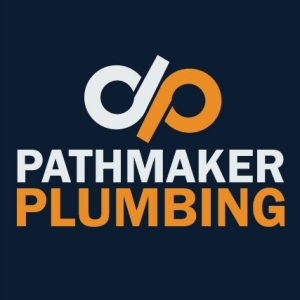Are you installing new water heaters or replacing the faulty water heaters in your home? Today there are multiple options for the homeowners when it comes to residential water heaters. Before you select your water heaters, you need to know your options, their advantages and disadvantages. Three main factors have to be taken into account when it comes to the selection of the right type of water heater for your home.
- Initial cost of the water heater
- Recurring costs / Energy or electricity bills
- Maintenance
You will have to assess each type of water heater carefully and select the most cost effective water heater. When you are making your decision, it is important that you do not decide just based on the initial cost. Two most common and popular types of water heaters include tankless water heater and hybrid heat pump water heaters.
What are the factors that one needs to take into account while deciding between tankless water heater and hybrid heat pump water heaters? The key factor to be taken into account here is your water consumption. Discuss your requirements with your local plumbing company and get their suggestions on selecting the most energy efficient option. When compared to the regular storage type water heaters, tankless water heaters can save you up to 30% on your energy bills. Hybrid heat pump water heaters can save as high as 60% of your energy bills.
Looking at the initial costs, storage type water heaters are less expensive when compared to tankless water heaters. Hybrid heat pump water heaters are pricier when compared to tankless water heaters. However, going for energy efficient options will pay up for the water heaters over the years through the cumulative energy savings that you enjoy month after month. However, you should not lose sight of another important factor that is the maximum life expectancy of each type of water heater. For example, tankless water heaters are said to last for ten to fifteen years. The question is will the energy savings compensate for the additional expenses that you are likely to incur while buying your tankless water heater. This is where your regular water consumption rate will play an important role. It is always best to get professional help while deciding what type of water heaters to choose for your home. Your plumbing company will also be able to give their input on the general maintenance challenges that very likely with each type of water heater.
You will find different types of even within the tankless options such as gas-fired and electrical water heaters. When you set out to explore different models of water heaters you are likely to be confused. The bottom line however is that you should choose the most energy efficient water heater with low maintenance hassles.
Try to obtain quotes for different types of water heaters for your residential requirements. When you are comparing the quotes make sure that the quote also includes the installation charges for each type of water heater.
Learn more about water heater repair and replacement in Charlotte, NC at Pathmaker Plumbing.





